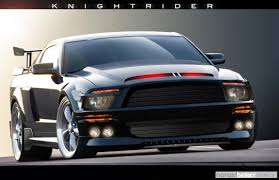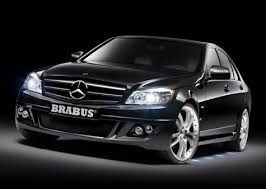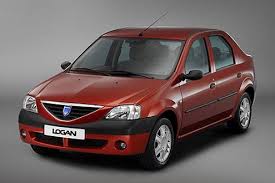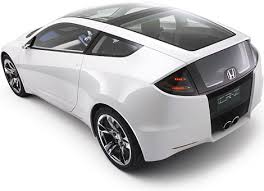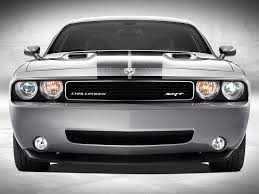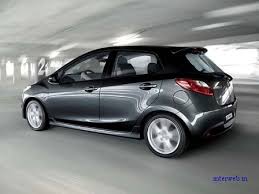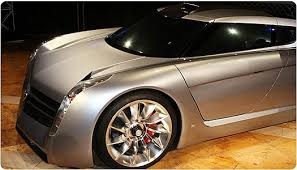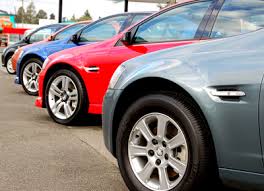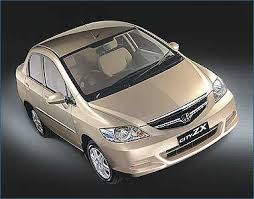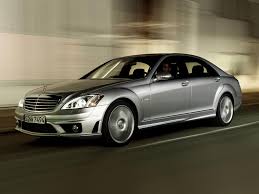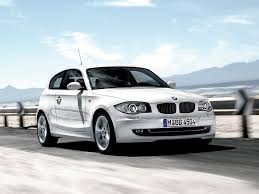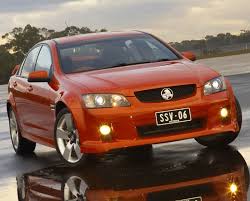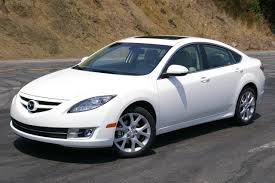
You've seen the ads with huge miles per gallon numbers in great big type. You've seen plenty of others with little tiny monthly payment figures also in big bold type. Switch on the TV and there are plenty of ads there too that feature little trucks pulling huge semis full of half-naked women up impossibly steep hills.
How do you sort through all the hype and hoopla about price, performance, fuel economy and style to find a real truck value? One way is to make sure you don't set foot in a dealer's showroom until you know exactly what truck value means to you. To figure that out all you need is a piece of paper and a pencil.Truck value can mean many things. One person may measure it by payload and off-road driving limits while another measures it by current price and resale price averages. Understanding what you need your truck to do for you now and at the end of its life can mean the difference between getting a good deal or getting taken for a ride.
If an immediate answer doesn't come to mind, here are a few questions to ask yourself to help figure out what you need.
Where will the truck be driven most -- on the highway, in the city, off road?
What will you normally haul in the truck - tools in a more or less permanent case, heavy items occasionally, bulky but lighter weight items, etc?
Who will be driving it usually and are there any special accommodations you need to make for multiple drivers (cab height, tilt wheel etc.)?How important are fuel economy and/or environmental concerns?Do you have a preference for fuel type (gasoline, diesel, biodiesel, ethanol, etc.)?How long do you plan to own the vehicle - will you resell it or drive it until it dies?Do you use/need additional engine or braking performance beyond standards?

Some of these questions may seem redundant. Others may seem unnecessarily picky, but this is just the first step in doing your research. Once you've gotten all your answers written down, you'll want to go over your list and put a star by those areas that are more important than the others. You should quickly see a pattern emerge that will help you determine your major and minor value points.
For example, let's say you starred where the truck will be driven, have a preference for one fuel type and that environmental concerns are important to you. Fuel economy is clearly an important value for you but you'll need to research your different fuel options further. If you decide that you might want the option to make your own biodiesel in the future if prices of regular diesel rise, you clearly won't find a sale on gasoline powered trucks a good value.
Any new truck you buy represents a huge investment. You owe it to yourself to take the time and go through every decision making step you can to make sure that you get the very best truck value for you before you make that investment.

